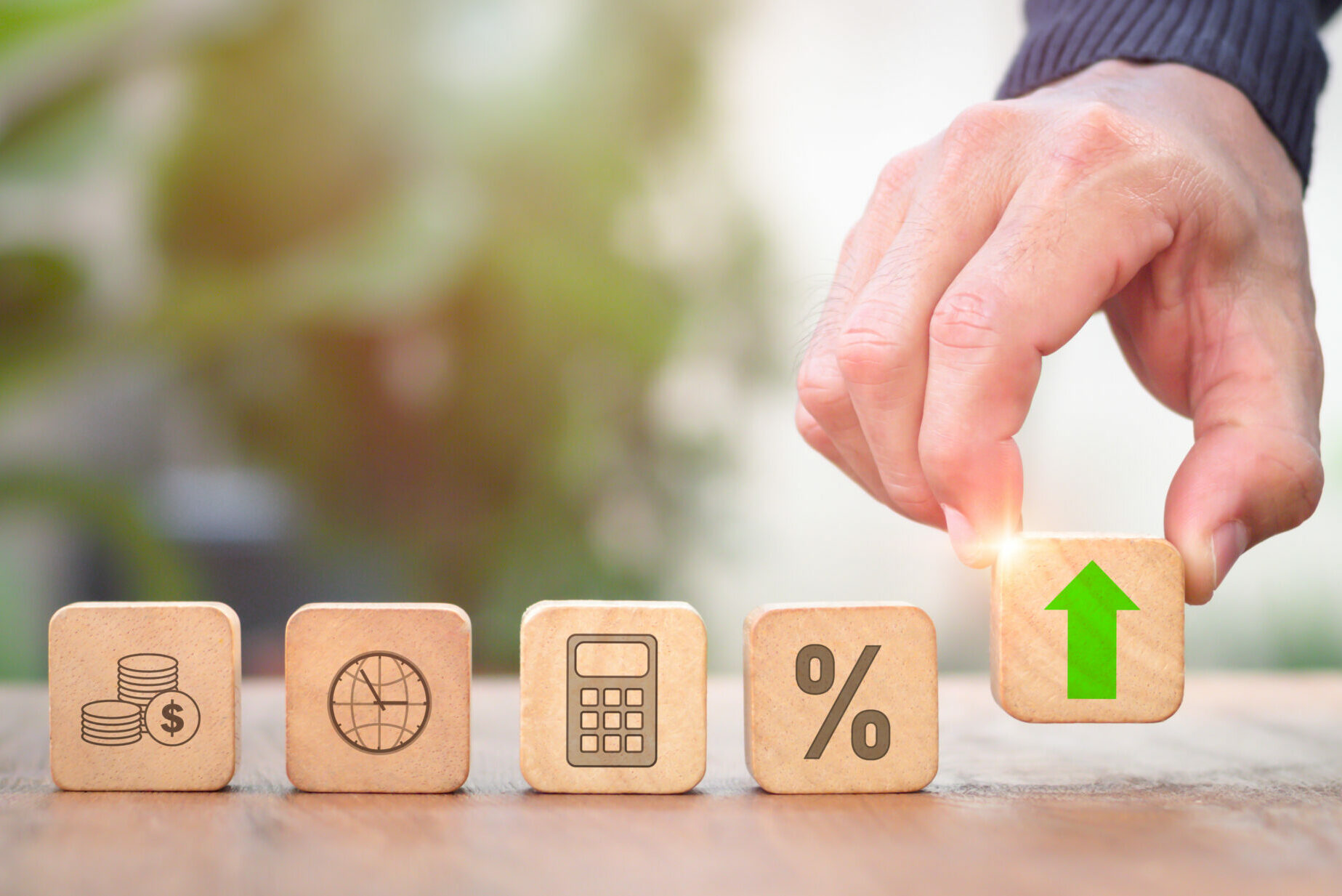📱 Mental Health Apps: Digital Therapists or Data Goldmines?
Picture this: It’s 3 AM, anxiety’s got me in a chokehold, and my therapist’s voicemail is my only “support.” So I downloaded a top-rated mental health app. Within minutes, a soothing chatbot asked about my panic triggers. “Progress!” I thought. Then came the permission flood: location, contacts, browsing history. Suddenly, my crisis felt like a data harvest. Sound familiar?
🔍 The Big Question: Do These Apps Actually Work?
Research reveals a mixed reality:
-
For mild anxiety/depression: Apps using CBT or mindfulness (like Sanvello or Headspace) show modest but real benefits. A meta-analysis of 18 studies confirmed users felt 26% better than control groups (Journal of Medical Internet Research).
-
For severe conditions? Limited impact. Apps like Woebot can’t replace human nuance—like suggesting “deep breaths” when you’re drowning in debt trauma.
-
Retention is the Achilles’ heel: 81% abandon apps within 2 weeks (American Psychological Association). Why? Generic advice feels like getting a fortune cookie during a hurricane.
🕵️♂️ The Data Horror Show

While I journaled about divorce in one app, divorce lawyer ads magically flooded my Instagram. Suspicious? You bet.
A 2022 study of 27 top apps exposed chilling gaps (Mozilla Foundation):
-
20/27 apps had security flaws (leaky encryption, weak passwords).
-
96% shared data with third parties (Facebook, advertisers, data brokers).
-
Privacy policies read like PhD theses—burying terms like “we monetize your depression score” in jargon.
Privacy vs. Effectiveness: Top Apps Compared
| App | 30-Day Retention | Data Sold? | Encryption | Clinical Backing? |
|---|---|---|---|---|
| Woebot | 58% | Limited✅ | AES-256 | Yes (Stanford) |
| BetterHelp | 43% | Yes❌ | TLS 1.3 | Yes (APA) |
| Calm | 34% | Yes❌ | AES+TLS | Partial |
| MindDoc | 61% | Yes❌ | Unclear | Yes (CE certified) |
(Sources: APA App Advisor, Privacy Not Included)

The HIPAA illusion? Most apps aren’t bound by medical privacy laws. That “anonymous” mood log? Sold to brokers who link it to your email—creating mental health profiles used to hike insurance premiums (HIPAA Journal).
💡 The Human Cost: When Algorithms Miss the Point
Users describe app interactions as “therapy-lite”—detached, algorithmic, and often dangerously simplistic. One Redditor put it perfectly:
“My app told me to ‘meditate’ while ignoring my suicidal thoughts. Like offering a band-aid for a gunshot wound.”
This isn’t just poor design—it’s ethical myopia. Reducing trauma to slider scales (“Rate sadness 1-5”) strips away humanity. Pain isn’t quantifiable.
🌟 Smart App Shopping: Your Privacy Survival Guide
After my 3 AM panic-download, I adopted these rules:
-
Background-check apps: Use the APA’s Evaluation Tool. Prioritize those with published trials (e.g., CBT-i Coach for insomnia).
-
Assume “free” = you’re the product: Pay for premium apps (Headspace, Shine) with strict no-data-sale policies.
-
Demand opt-outs: Toggle “Do Not Sell My Data” (if in California/Virginia/EU) and reject “personalized ads.”
-
Hybrid > AI-only: Apps like Limbic use AI to triage users to humans—no endless data hoarding.
🚨 Pro tip: Ask any app: “Can I delete my data permanently? Show me your privacy policy in plain English!” If they dodge—uninstall.
💭 Final Verdict: Tools, Not Miracles
Mental health apps are like gym memberships: useful if used consistently, but no substitute for professional care. They’ve helped me track mood swings, yet failed when grief hit like a truck.

The truth? Tech scales access; humans heal souls. Use apps as symptom diaries—not confessionals. And if you’re in crisis? Text a human. Call a friend. Scream into a pillow.
“Apps teach mechanistic coping while obscuring the healing power of messy, empathetic connection.” — The Lancet Digital Health
Your turn: Ever felt “data-mined” by a mental health app? Share your story below. 👇 Let’s trade tips—and warnings!
Explore deeper:
You should also read these…
- surgeblog.com – applying prospect theory psychology of gains vs lo
- godwig.com – steam cloud sync error lost save files
- olddry.com – spin the wheel game ideas for house parties
- spyfrogs.com – timeline wont refresh cache and network fixes for
- sixrep.com – tiktok upload failed error fix guide
- hogwar.com – twitter x account security spot suspicious logins
- spyfrogs.com – sudden drops in tiktok engagement and solving meth
- surgeblog.com – content isnt available on facebook side effects of
- olddry.com – career burnout signs most people miss
- soturk.com – lighter homemade mac cheese recipe
